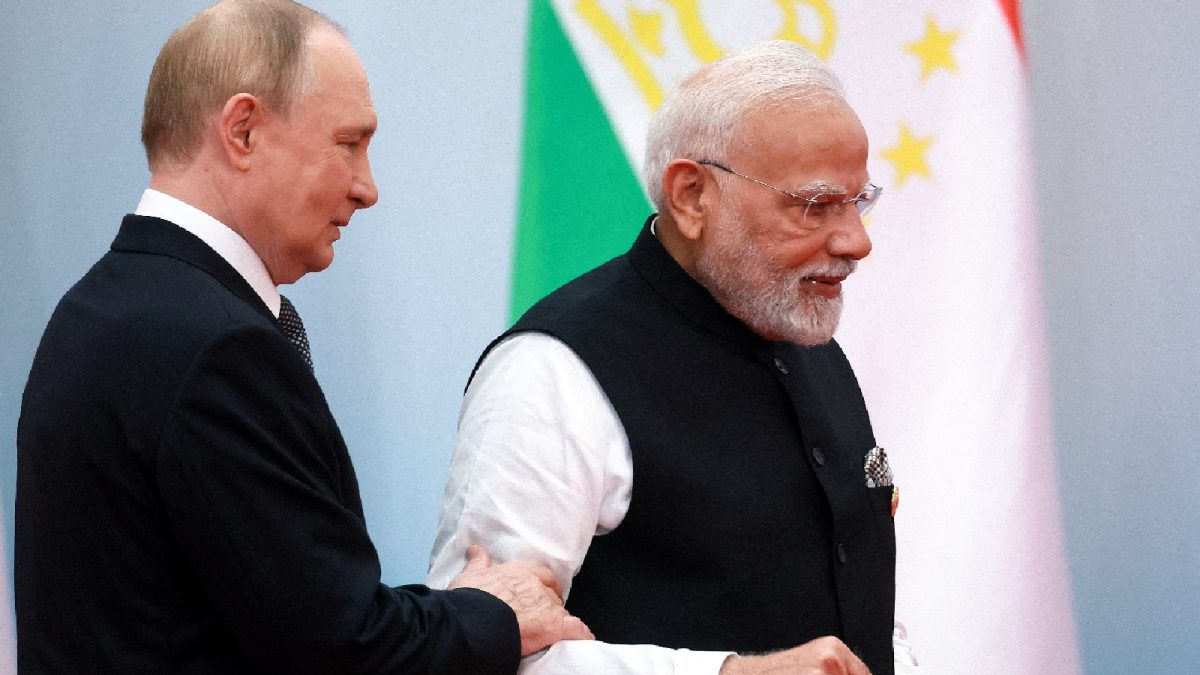The Supreme Court on Friday (November 7, 2025) orally observed that no fault could be ascribed to the pilot who was commanding the Air India Boeing 787 Dreamliner that crashed shortly after take-off from Ahmedabad on June 12.
A Bench of Justices Surya Kant and Joymalya Bagchi was hearing a petition filed by Pushkar Raj Sabharwal, the father of the late Captain Sumeet Sabharwal, seeking a judicially monitored probe into the crash and the termination of the investigation currently being carried out by the Aircraft Accident Investigation Bureau (AAIB).
Also read | Ahmedabad Air India flight crash: What has AAIB’s preliminary report uncovered?
Appearing for the petitioner, senior advocate Gopal Sankaranarayanan submitted that the ongoing probe lacked independence. “I am the father of the Commander of the plane... I am 91 years old. This is a non-independent investigation”, he said, urging the Bench to direct a judicially monitored inquiry into the accident.
Allaying the petitioner’s concerns that his son might be unfairly held responsible, Justice Kant said, “This crash is extremely unfortunate, but you should not carry the burden that your son is being blamed. Nobody can blame him for anything.”
Justice Bagchi concurred, noting that the preliminary AAIB report contained no adverse remarks against the pilot. “One pilot asked whether the fuel was cut off by the other, and the other said no. There is no suggestion of fault in that report,” he observed.

The Bench also took note of the petitioner’s reference to a Wall Street Journal report that had attributed the crash to pilot error based on an unnamed government source, and clarified that such foreign reports would carry no weight in the court’s proceedings.
“We are not concerned with what foreign media reports say. If you believe they have defamed your son, your remedy lies before a foreign court,” Justice Bagchi said. Justice Kant added, “That is nasty reporting. No one in India believes it was the pilot’s fault.”
Accordingly, the Bench issued notice on the plea and directed that it be heard along with a pending petition filed by the NGO Safety Matters on November 10. It also sought responses from the Centre and the Directorate General of Civil Aviation (DGCA) on the request for an independent probe.
The petition said that the official investigation conducted by the AAIB and the DGCA is “defective” and that crucial technical evidence was either misinterpreted or ignored. It also noted that the aircraft’s Ram Air Turbine (RAT) — an emergency power generator that automatically deploys when both the primary and backup electrical systems fail — was activated before the pilots made any control inputs. This, the plea argued, pointed to a possible electrical or software malfunction rather than pilot error.
The petition also criticised the failure to examine the damage to the flight data recorder, noting that its protective casing was found melted but without soot deposits, a detail the petition describes as a serious investigative lapse.
On September 22, the Supreme Court, while hearing another petition seeking a court-monitored independent probe into the crash, had censured the “selective” release of the AAIB’s preliminary report and called media reports attributing blame to pilot error before the inquiry was complete “irresponsible.”
The Bench headed by Justice Kant had issued notices to the Union Government and the Directorate General of Civil Aviation (DGCA) “for the limited purpose of ensuring a fair, impartial, and expeditious investigation by an expert body.” However, the judges had made it clear that they were not at this stage considering the public disclosure of any part of the probe.

 3 days ago
7
3 days ago
7








 English (US) ·
English (US) ·